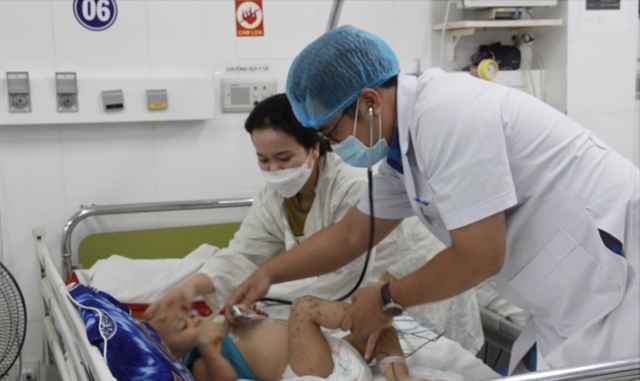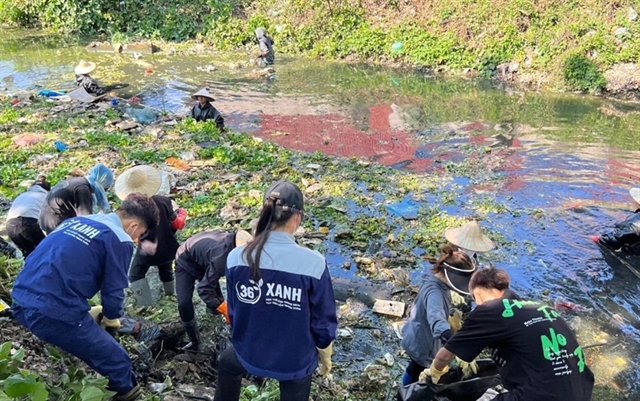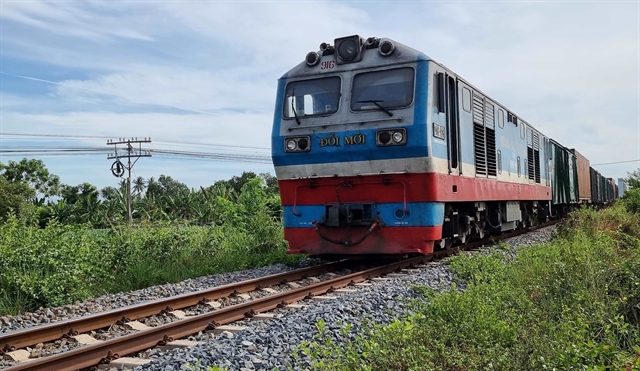 Society
Society

" />Competency-based training will be applied this year at three community colleges to improve employment skills for students as part of a Việt Nam Skills for Employment Project (VSEP).
 |
| Students of the Vĩnh Long Community College work in the school’s lab. More labs will be set up to assist in competency-based training. — Photo courtesy of the Vĩnh Long Community College |
HCM CITY — Competency-based training will be applied this year at three community colleges to improve employment skills for students as part of a Việt Nam Skills for Employment Project (VSEP).
The colleges are located in the provinces of Bình Thuận, Hậu Giang and Vĩnh Long.
The training will be used in the food technology programme at Vĩnh Long Community College, as the province is in the Mekong Delta, one of the main food producers in the country.
Trần Thanh Tùng, principal of the college, told the Việt Nam News that an advisory council of enterprises would be established to reform curricula and make it more practical.
“The college’s lecturers have been trained in methodologies which encourage students to be more creative and take the initiative in class discussions,” Tùng said.
The college staff also has been taught ways to enhance enrollment.
“Many high school graduates do not want to study at the college level,” he said.
Leaders and staff at the college have also been trained in management of enrolled students, particularly new students who are often under stress.
“We have not provided them with help in reducing stress. This is necessary,” Tùng said.
If the programme succeeds, it will be used in the other majors at the college.
At Bình Thuận Community College, the programme will be applied to the programme for restaurant, hotel and tourism business administration.
The province needs more highly skilled staff in tourism and hospitality to achieve its development goals.
At Hậu Giang Community College, the training will be used in the food and pharmaceutical technology programme.
The three colleges have also set up more labs to assist in competency-based training.
Huỳnh Thành Đạt, director of Việt Nam National University-HCM City, said that the VSEP would help Việt Nam develop a highly skilled workforce capable of competing in the ASEAN Economic Community, which went into effect in 2016.
The project was developed cooperatively between the governments of Việt Nam and Canada.
Strengthening technical and vocational education and training is one of Việt Nam’s key strategies to reduce the gap between labour supply and labour demand, producing highly skilled graduates with skills that meet the demands of a modern economy.
Today’s workers need a blend of high-level practical skills and theoretical knowledge to meet the challenge of a complex workplace.
They also need life skills such as problem-solving and critical thinking in order to keep up with the fast pace of change and to continue to learn for the rest of their lives.
Based on the Canadian Community College Model, VSEP adapts best practices of the Canadian College system to fit the realities of Việt Nam.
The VSEP has two components: building two training centres for advanced management in HCM City and Hà Nội, and developing a sample model of technical vocational education and training programmes at three community colleges in the provinces of Bình Thuận, Hậu Giang and Vĩnh Long. —VNS









